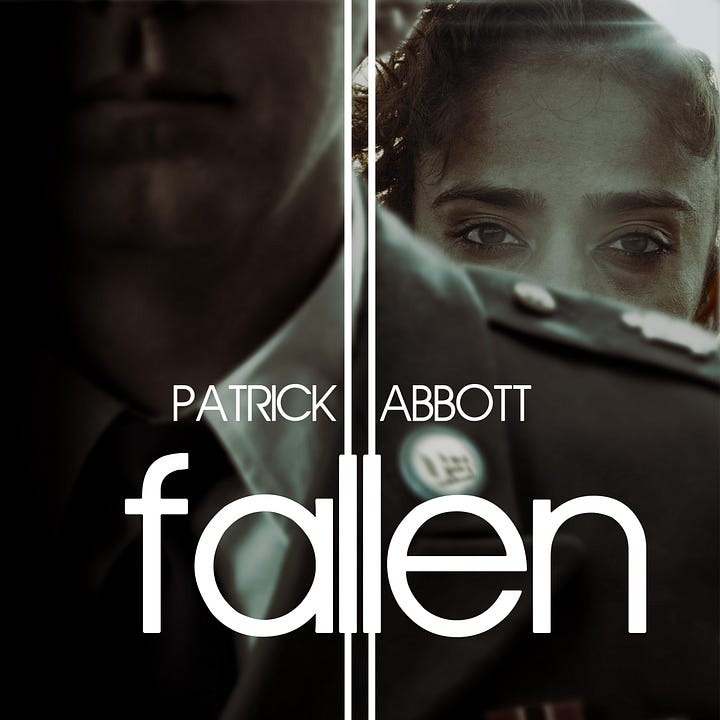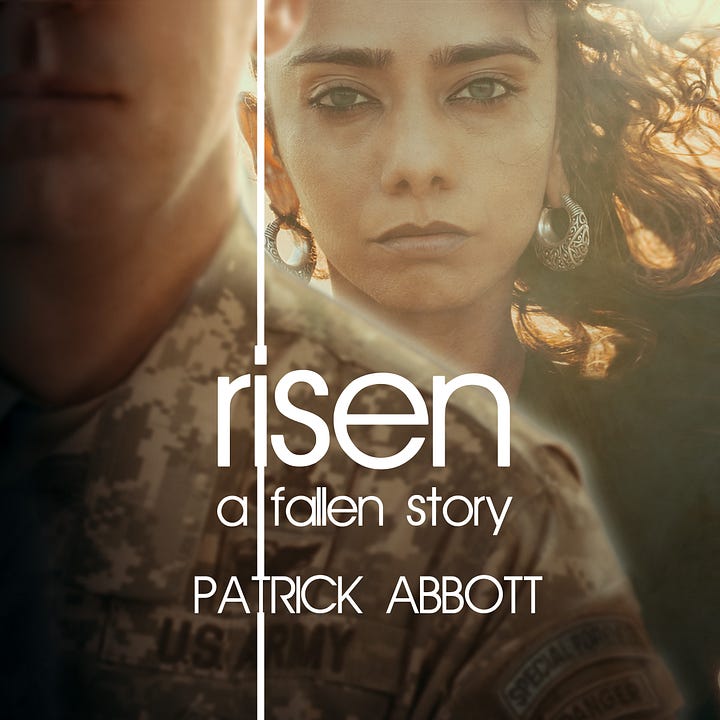Making an Alien Religion
Making the Sabia's religion, not a cliché


Religion in speculative fiction is a sore subject for faithful readers. Too often, religions come across in one of two tropes: a horrible repressive system that the hero must overthrow or a means to tell a prophecy about the upcoming hope for the hero. Unfortunately, while these depictions remain popular, they do not mirror faith systems in our world.
While religious beliefs can spur on groups like the Inquisition and the Taliban, these groups occupy only a limited portion of religions' timelines and are associated with political upheavals. For every Cromwell, there are tens of thousands of Saint Francises, radical Dorothy Days, and everyday businesswomen like Amna Mirzas. Religion speaks to people's deepest desires and needs, and it's foolish to think people would adopt such repressive beliefs that served only to oppress them.
The chosen one aka messiah concept is a poorly understood concept in religion because of the overwhelming influence of Christianity in Western culture. Most people understand the messiah due to the linchpin role it plays in Christianity. However, this is not the case for most religions. In Judaism, the importance of a messiah has ebbed and flowed from near-nothingness in the pre-Temple era, to fervor in the late second temple era, to practical non-existence in many forms of modern rabbinical Judaism. Meanwhile, in Islam, the Mahdi has a role that ranges from messiah in Twelver Shia Islam, to being part of Jesus' role to rule the earth for 40 years after defeating the anti-Christ, to non-importance in many parts of the Sunni world. Other religions like Buddhism, Hinduism, and Zoroastrianism have messiah-like figures, but these people are associated with end times prophesies with the figure ending the world (much like Jesus' Second Coming). For the most part, most religions' savior involves the ending of the world as it existed in a cosmological sense, not some prophesy of political change involving the mere political defeat of an opponent, like in many science fiction and fantasy stories.
So, what would be a realistic, based on what we know, alien religion? This is a question I had to handle when creating the Sabia. By looking at beliefs here on earth, universal themes emerge. Faith forms community, gives understanding to the past, offers hope and meaning, and creates a connection with the supernatural.
To start, I used Zoroastrianism and ancient Hebrew legends/modern myths to create a template for the Sabia. The worship through fire and white cleric robes are pure Zoroastrianism, while children between pre-Flood humans and otherworldly creatures is a minority explanation for the Nephilim in Genesis 6 of the Bible. The Nephilim is a fun myth to explore speculatively, while Zoroastrian is poorly understood in the West but offers a rich cosmos that is familiar yet exotic at the same time.
Using this template, I then filled out the universal traits of religion.
Community: Members of the Sabia's religion refer to themselves as belonging to "The Legion." Their understood common origin unites them while also separating them from both (pure) humanity and another race known only as The Watchers. Community is reinforced through religious rituals such as the new year's rite, where Sabia reflect on the past and upcoming year, as well as marriage, where Sabia spouses ritualistically reenact the mixing of bloodlines to create a new beginning.
Understanding of the past: The Sabia believe they are a mix of prehistoric humanity and The Watchers. As hinted in Fallen and referenced in the prologue of Risen, the Sabia religion teaches The Watchers saved the Sabia from violent humans and "other" dangers.
Hope and Meaning: The Legion's hierarchy guides the Sabia to follow the teachings of The Watchers and the "divine." By following The Watchers' teachings and the Legion's leaders, the Sabia believe they are doing right. Much more of this will be explored in Risen.
Connection with the Supernatural: The Sabia believe fire can be a means to access the supernatural. Whether in ritual to burn things or stare into the flames for clarity, fire serves the same purpose as in Zoroastrianism: it represents the illumination of the pure god. It is not a god but a tool of god.
The religious worldbuilding for the Sabia provides the backstory Fallen and Risen need to explain the why of the events that occur in the story, and it was fun to explore what a "realistic" alien religion could be.
Look forward to Risen in late 2023! In the meantime, enjoy Fallen’s soundtrack.
